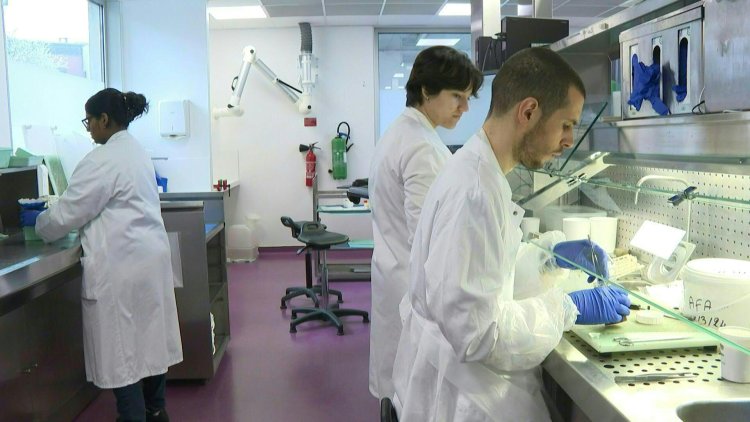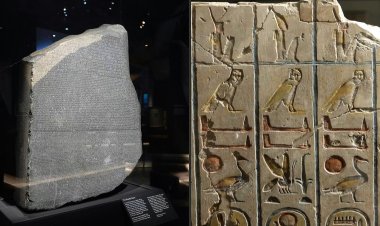AI Revolutionizes Cancer Diagnosis

In her “enhanced pathologist’s cockpit”, doctor Catherine Guettier analyzes her biopsy slides no longer under a microscope, but on a screen. And artificial intelligence (AI) then intervenes to help with the diagnosis or predict the progression of certain cancers.
The move in 2019 to reading slides on screen “changed our practices” towards high-precision pathology, explains the head of the pathological anatomy and cytology department at Bicêtre hospital , located in Kremlin-Bicêtre, near Paris.
The glass slides of tissue samples are digitized using very powerful scanners, they can be analyzed on screen and subjected to AI algorithms.
“While there is a shortage of pathologists in France, AI will save us time for repetitive tasks,” according to the practitioner.
A single computer click is enough to see displayed in a few minutes, in the form of a document, the prognosis of a risk of relapse for the patient suffering from early stage breast cancer.
This time, the prognosis is encouraging. But it will not be taken into account in the doctor's diagnosis: the artificial intelligence solution by "learning", although integrated into the working environment of pathologists since the end of February, must still obtain its CE marking to be authorized for medical routine. This certification is expected around mid-2025.
“A pathologist may have a slightly tired eye in the evening, but an algorithm is never tired!”, says Professor Guettier.
Developed by the Franco-American unicorn Owkin, this AI tool aims to prevent relapse at 5 or 10 years from a single blade after removal of the tumor, and thus know which woman can avoid expensive chemotherapy.
Breast or prostate cancers, the goal is to avoid unnecessary treatments and to have what practitioners describe as “therapeutic de-escalation”.















